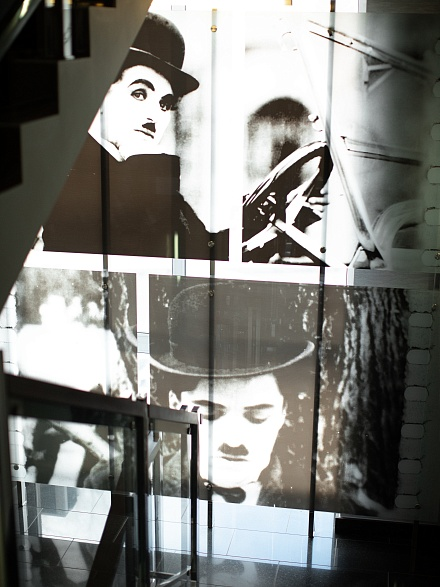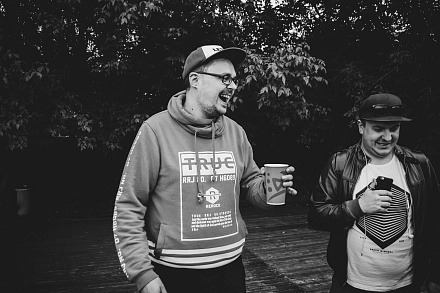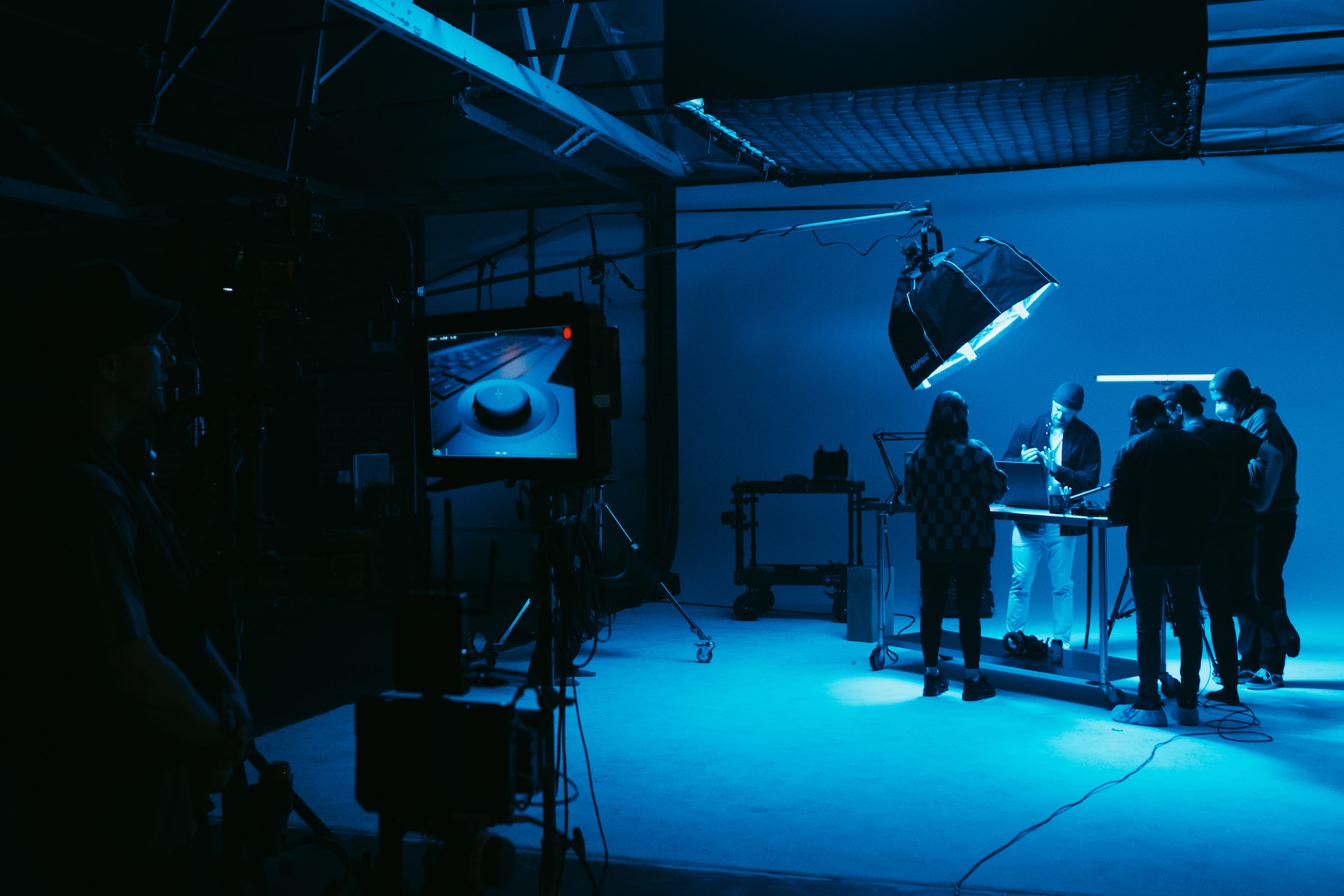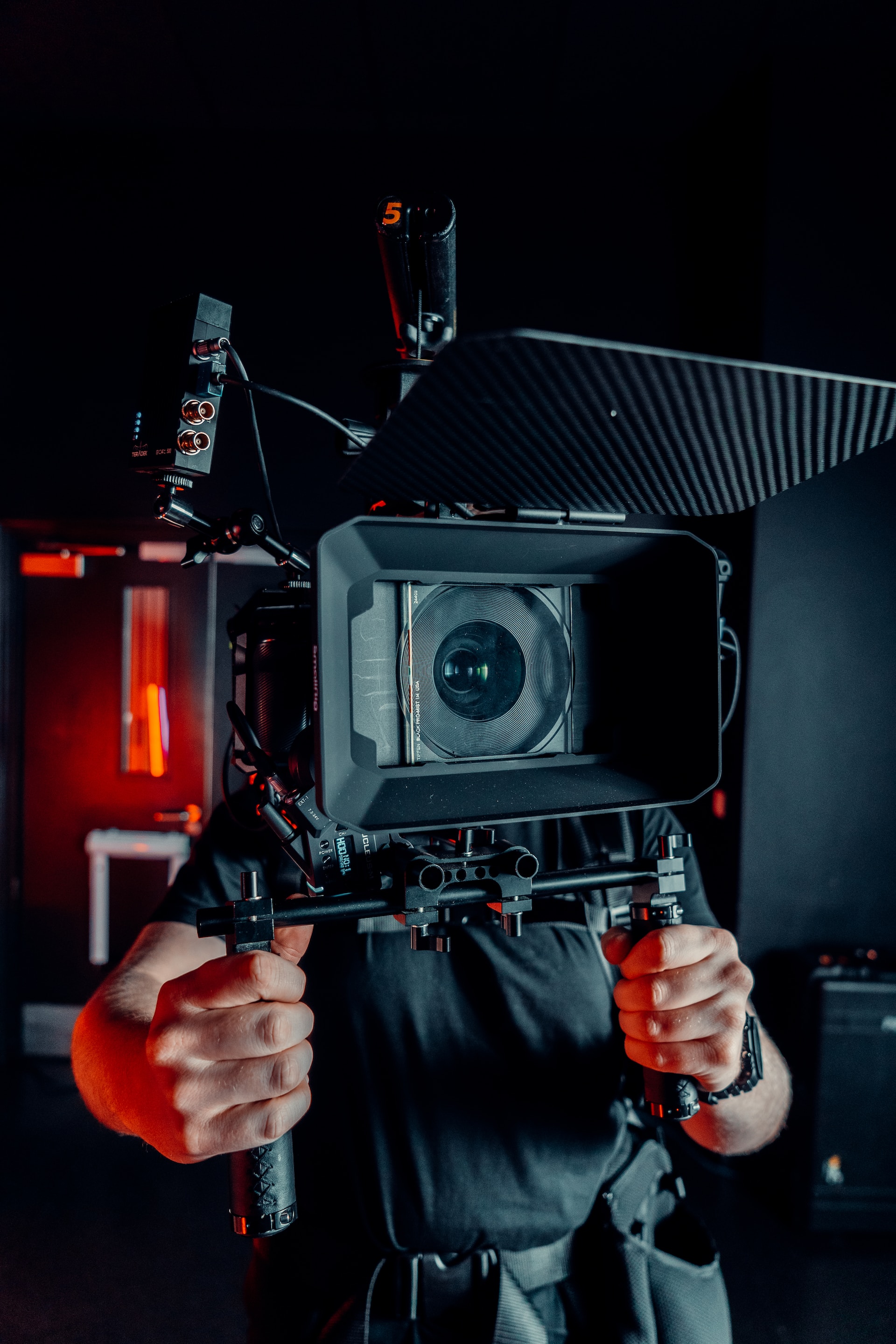While some music industry experts are sounding the alarm and blaming artificial intelligence for all sins, others have already found a common language with robots and are actively collaborating with them in the studio. We asked friends of our studio to tell us about their AI helpers.
DASHA YUST, sound engineer:
I have been using artificial intelligence services and plugins since 2020. The first one was recommended to me by producer Alex 813 at the Sound Academy camp. Back then I needed to very quickly and efficiently separate the voice from the music for one project. The Vocal Remover service was capable of this. In just 40 seconds, it can examine a file and separate the processed voice from the music. It also solves the popular request to separate the voice from the music, without making and interrupting the instrumental track, but using the original track. Previously, this kind of work took me an hour, and I didn’t always get great results.
For a studio sound engineer, using this tool while working is a more than sufficient option. The client sings a cover and the client is satisfied. Yes, arrangers will have less work, but perhaps more time to create their musical masterpiece.
This works not only with songs, but also with files. When the music “climbed” into the microphone from the headphones. Or, for example, as in my last case during the “Union Battle” project, when the drums were very audible on the recording in the vocal microphone (the drummer was singing). I ran this file through the AI 2 times (the intellect is still learning, and the more you run it through it, the better it works). The result satisfied me, so the AI helped a lot.
Then, of course, I further cranked up the sound to remove the interference. But Vocal Remover did most of the work, leaving me more time to create.
The service is free; currently there are restrictions on the time and number of files created. After processing, 2 files are offered in mp3 format (vocals and music). But for donations these restrictions are removed. In addition, there are a bunch of other options, such as determining the tempo and key of the song.
I also use iZotope Rx, which also uses artificial intelligence. I often use the Music Rebalance, De-reverb, De-click and De-clip functions. All this helped me just yesterday at the editorial office of our studio podcasts “Demontazh” and “Na Samom Dele”. iZotope Rx is available in our studio's arsenal of plugins, so you can try it too.
At this stage of development, AI is already a good tool for working out shortcomings that were not taken into account at the time of recording. They also come to the rescue in those moments that cannot be physically taken into account.
ANDREY ‘M CLIS’ RYZHKOV, music producer:
I use AI tools regularly. First of all, it's the Ultimate Vocal Remover. It allows you to free vocals from music and music from vocals. You can even highlight bass or drums with it. In general, there are a lot of algorithms for different tasks.
Secondly, I also use the AI assistant in the Synplant synthesizer. It allows you to extract timbres from recorded wavs and turn them into synth patches.
Thirdly, Suno and Udio help me to work with demo versions. If we have some stupid idea, the first thing we do is try to use AI to listen to what it might turn out to be in the future.
And finally, ChatGPT often helps with songwriting.
KIT SUNDERS, music producer:
I use Udio to find melodic and harmonic lines and generate samples. And also in order to find an idea and rework the sample for yourself.
Suno helps with finding vocal melodic lines and toplines.







